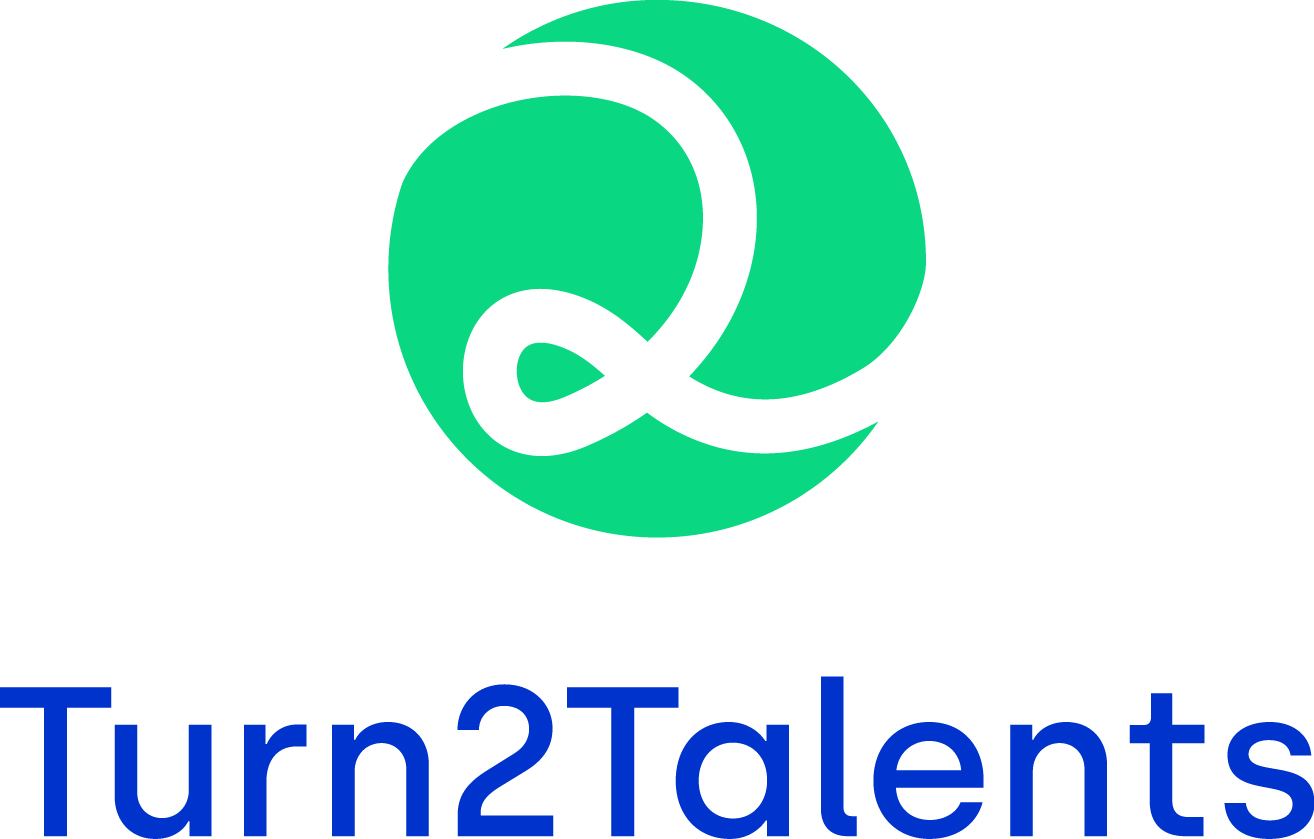The Solution to the “Non-Degree Credential Quality” Dilemma
- Michael Ahmadi

- 3. Juli 2025
- 3 Min. Lesezeit
Aktualisiert: 22. Juli 2025
Recently, the Recruiting Brainfood newsletter by Hung Lee touched on a topic we’ve been thinking about for a long time:
“As we necessarily pivot away from the CV / resume, we’re going to have to find ways to pull all of these accreditations together in a practical way. Somebody going to build an aggregator for this, waiting for you…”
He’s referring to the growing spread of non-degree credentials – like micro-credentials, online certificates, and badges – and the challenge of how companies can meaningfully assess their quality. The discussion included two perspectives from the Burning Glass Institute: the Credential Value Index and the broader question of how to evaluate credential quality.
And the observation is spot on:
More and more people are qualifying outside traditional education paths. Education is becoming more democratic, and talents are taking initiative. Great!
At the same time, companies face a tough question: How can we make sense of the endless sea of non-degree credentials?
And more importantly: How do we turn that data into a valid, comparable decision-making basis?
In short: The question of how to handle non-degree credentials is becoming more urgent. But maybe we don’t need an aggregator – maybe we need something else.
Our answer: Capabilities give credentials real meaning
At Turn2Talents, we focus on what people are actually capable of – independent of resumes, formal experience, or degrees. Because once we move beyond CVs, we need new ways to make potential visible: through concrete, measurable Capabilities.
What we apply to traditional credentials (like a university diploma), we also apply to micro-credentials: We don’t assess the online course or the training itself – we assess what the learner has actually gained from it.
One example: A talent has completed a two-hour Design Thinking course and received a badge. Does that alone say much about their skills? Not really.
But if the course led to:
Creative problem-solving
User-centered thinking
Innovation methods
then it supports the development of what we call a Capability – in this case: Customer-Centric Innovation.
And the best part? This Capability can be measured.
Not through certificate checks, but via behavioral indicators, structured assessments, or context-based evaluations. The quality of a course is not defined by its length or badge – but by whether it strengthens a strategically relevant Capability.
In the future, companies don’t need to know which courses someone has completed. What matters is whether the underlying Capability is present, relevant, and applicable. Only then does a micro-credential become truly meaningful.
Why our Capability-based approach works better than skills
We’ve written extensively about this – here’s the short version: Skills are often fragmented, short-lived, and contextless. Many HR teams work with skills matrices containing up to 80,000 entries – with little insight into strategic fit.
Capabilities, on the other hand, are:
✔️ Manageable and measurable: Maximum 120 Capabilities instead of 80,000 skills
✔️ Strategically relevant: Grounded in the Dynamic Capabilities framework (Teece et al.)
✔️ Future-proof: Because they contribute to long-term effectiveness and adaptability
✔️ Widely applicable: From recruiting to talent development
The Turn2Talents framework: Turning micro-credentials into strategic assets
If non-degree credentials are the new currency, we need a system that shows how relevant they are in real-world work settings – not just one that aggregates and standardizes them for comparison.
Put differently: A badge isn’t just a pretty icon – it can signal strategic value. But only if we know how to read it.
Turn2Talents provides this structure: Not by counting courses, but by making Capabilities and potential visible – and actionable.



